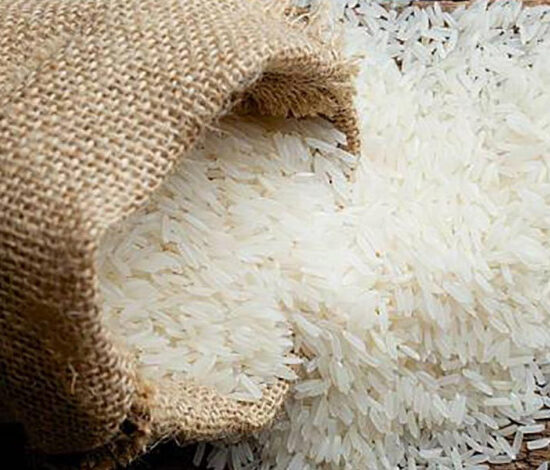
The Small Scale Farmers Development Agency (SAFADA) has called on the new dawn government to scrap off the Farmer Input Support Program (FISP) as it is not serving its intended purpose due to challenges in the implementation of the programme.
SAFADA Executive Director Boyd Moobwe said the programme was meant to support vulnerable but viable farmers for three years who would graduate from the programme in order to pave way for other farmers, which has not happened.
Moobwe said government intended to run the FISP programme for a while then gradually withdraw and give leverage to the private sector to work with farmers but that has failed too, noting that the programme could only work effectively when it is depoliticized and run by a private entity owned by the farmers.
Speaking in an interview with the Zambian Business Times-ZBT, Moobwe said farmers have in the past expressed concerns over delays in the distribution of fertiliser, inequality and unknown people benefitting from the programme adding that the problem starts with farmer registration, which was not up to date.
Moobwe however admitted that FISP has been in existence for the past 10 years and has benefitted many farmers and improved some farmers’ way of life despite the various challenges experienced in the implementation as some people who did not qualify for the programme received fertiliser.
He noted that government sets up programs intended to help farmers but the challenge is in the implementation of the programmes, as the target group does not benefit.
“You cannot just register all the people in the village as farmers, just because they are staying in the village automatically they are farmers, there was supposed to be a systematic way of registering farmers and ascertain who exactly is a vulnerable but viable farmer”, he said.
“Instead of getting eight bags of fertiliser, they were getting four, two and in other cases two people were sharing one bag of fertiliser but they have paid a K400 and am happy that government is aware of that”, he said.
Moobwe however said this is not the right time to restructure, audit or scrap off the programme, as it is two months to the rain season therefore government should now focus on distributing fertiliser as the farmers are waiting for the inputs.
He said information going round is that the new government wants to replace the FISP programme with Agriculture Support Programme, which has always been in existence unless the UPND government has a different approach, then they should engage various stakeholders as well as ask farmers how they think they can be assisted.
He emphasized that there should be proper consultations with stakeholders and farmers before deciding what to replace the FISP programme with in order to ensure that the new programme is designed strictly for farmers adding that technocrats in the Ministry of Agriculture may have the knowledge but it is important to ask the farmers how to move forward.
He noted that countries such as Malawi, Tanzania and Kenya have implemented the FISP programme, which is working well.
Some Agro stakeholders have however cautioned the new dawn government to look at how the overall crop output has expanded over the last few years and use the results to just fine tune the program rather than scrapping it. Maize and other crops production has been on an increase with the country now exporting about 1.2 million tons of maize which is expected to earn the country about US$200 million in the latest authorized export quota.







